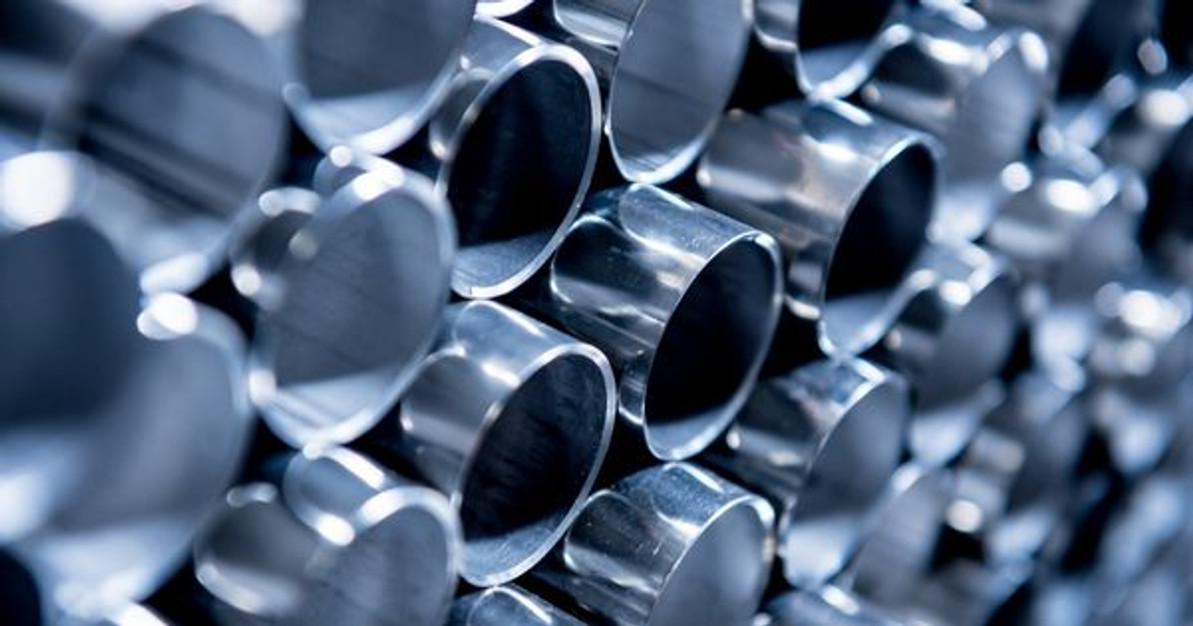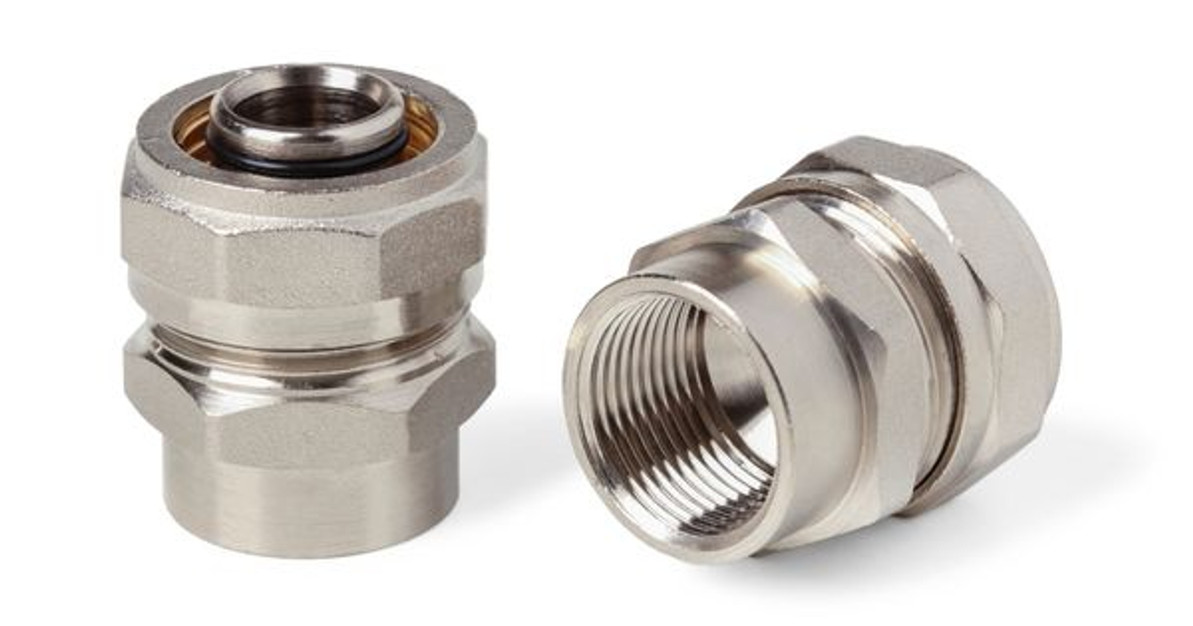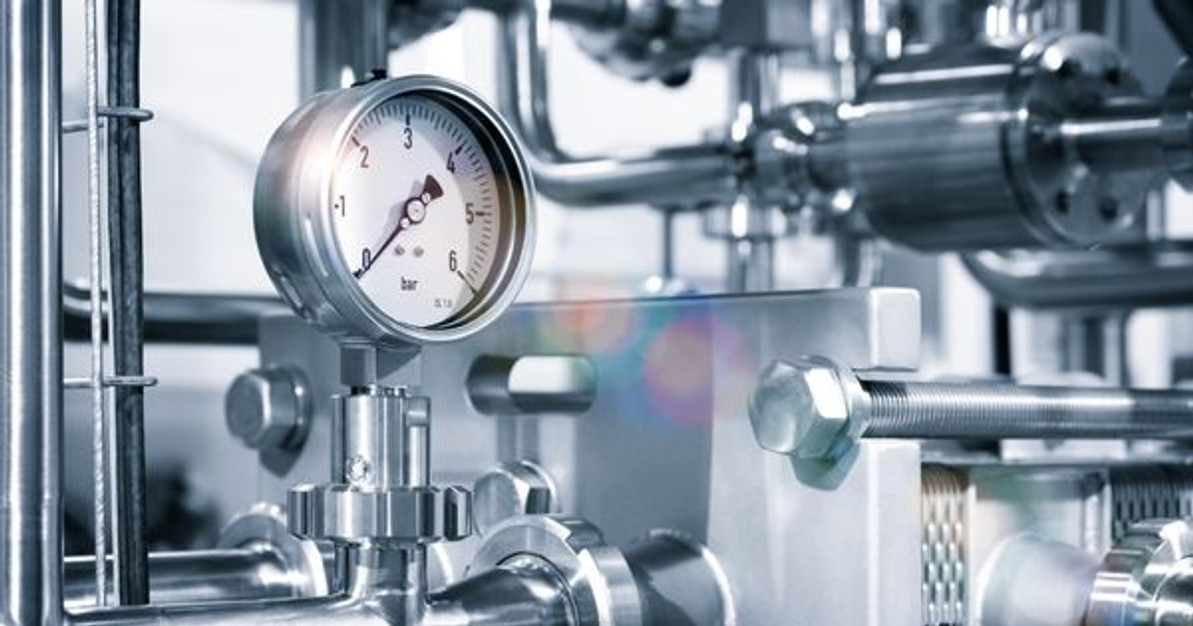 May 27th 2020
May 27th 20205 Benefits of Using Stainless Steel Sanitary Filters in the Food and Beverage Industry

Sanitary conditions in any food and beverage processing are essential. Food processors use 3A sanitary strainers that filter out solid particles from the products, preventing contamination. Technology advancement within the industry has led to improved filter designs and fabrication. The new generation filters enhance product purity and ensure there sanitary conditions are maintained throughout the production process.
Food Grade Stainless Steel Sanitary Filters
The Food and beverage industry is highly regulated with strict sanitary conditions set in place before production can commence. One of the measures is the use of strainers and filters to remove solid debris from the food products. The US Food and Drug Administration recommends the use of austenitic stainless steels in food contact environments.
Stainless steel exists in hundreds of grades, depending on the blend alloys. Stainless steel 304 is the most common grade due to its enhanced corrosion resistance properties. The metal is also non-toxic and can withstand high-temperature environments. The 316L steel grade is also approved for use in the pharmaceutical and food industries.
Benefits of Using Stainless Steel Sanitary Filters in Your Production Process
1. Durability
Stainless steel sanitary strainers are non-corrosive, making them suitable for use even in acidic conditions such as ketchup production. The addition of molybdenum to the alloy improves its corrosion resistance properties. Products manufactured from stainless steel can last up to 100 years under regular operational conditions.
2. Improved Sanitary Condition
Stainless steel is resistant to rust corrosion. Other materials such as iron are affected by rust that accumulates bacteria, which can compromise the product. Rust also weakens the joints and welded supports, posing a safety hazard on the production floor. Use of stainless steel sanitary filters helps to remove unwanted particulates, thus maintaining the integrity and quality of your products. Some strainers have high filtration efficiencies of up to 99.99% at 0.1 microns.
3. Easy Inspection and Replacement
Filters need to be kept clean at all times to attain high levels of hygiene. Stainless Steel sanitary strainers are easier to clean, making the alloy a good candidate for hygienic production processes. The design and fabrication of basket and Y-shaped filters make it easy to remove for inspection. The filters are then cleaned to keep the risk of contamination of the product to a minimum.
4. Temperature and Pressure Tolerance
Stainless steel sanitary strainers can withstand high pressure and temperature environments without compromising their integrity. The 304 and 316L steel grades can withstand temperatures of over 1700°F. The property makes the material perfect for use in a range of production processes in the food and beverage industry.
5. Customized Strainer Options
Steel is highly malleable, making it easy to create a custom stainless steel filter for your intended industrial use. Sanitary strainers have different applications within the food and beverage industry and can be customized to fit virtually any production process. You can select a filter that matches your flow rates, nature of particulates, pressure, and product quantity.
In Conclusion
Sanitary strainers are vital in maintaining the integrity and quality of your products. Investing in stainless steel sanitary filters may protect your equipment from corrosion as well as improve the hygiene conditions in your production process.
 May 27th 2020
May 27th 2020Recent Posts
-
Nov 7th 2022
What Is Food-Grade Stainless Steel Tubing?
Businesses that produce food and beverage products must operate hygienically. Sterile environments a …Nov 7th 2022
-
Oct 11th 2022
Why Sanitary Fittings Are Important for the Medical Industry
Sanitary fittings are useful for many industries. Food and beverage manufacturers have used these to …Oct 11th 2022
-
Sep 23rd 2022
What Is the Max Operating Temperature for Stainless Steel?
Stainless steel is valued in many industrial applications because it’s capable of withstanding high …Sep 23rd 2022



